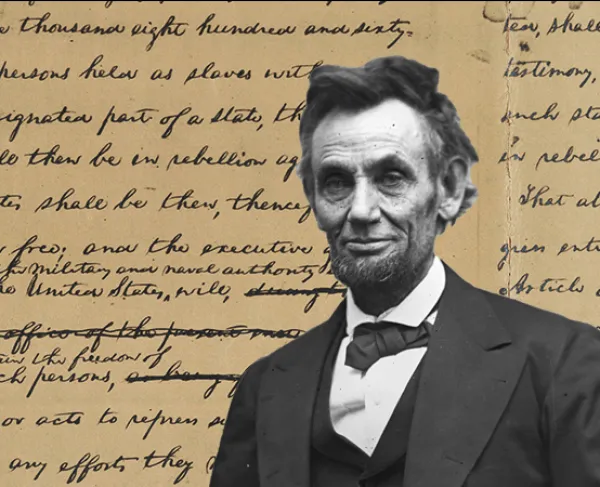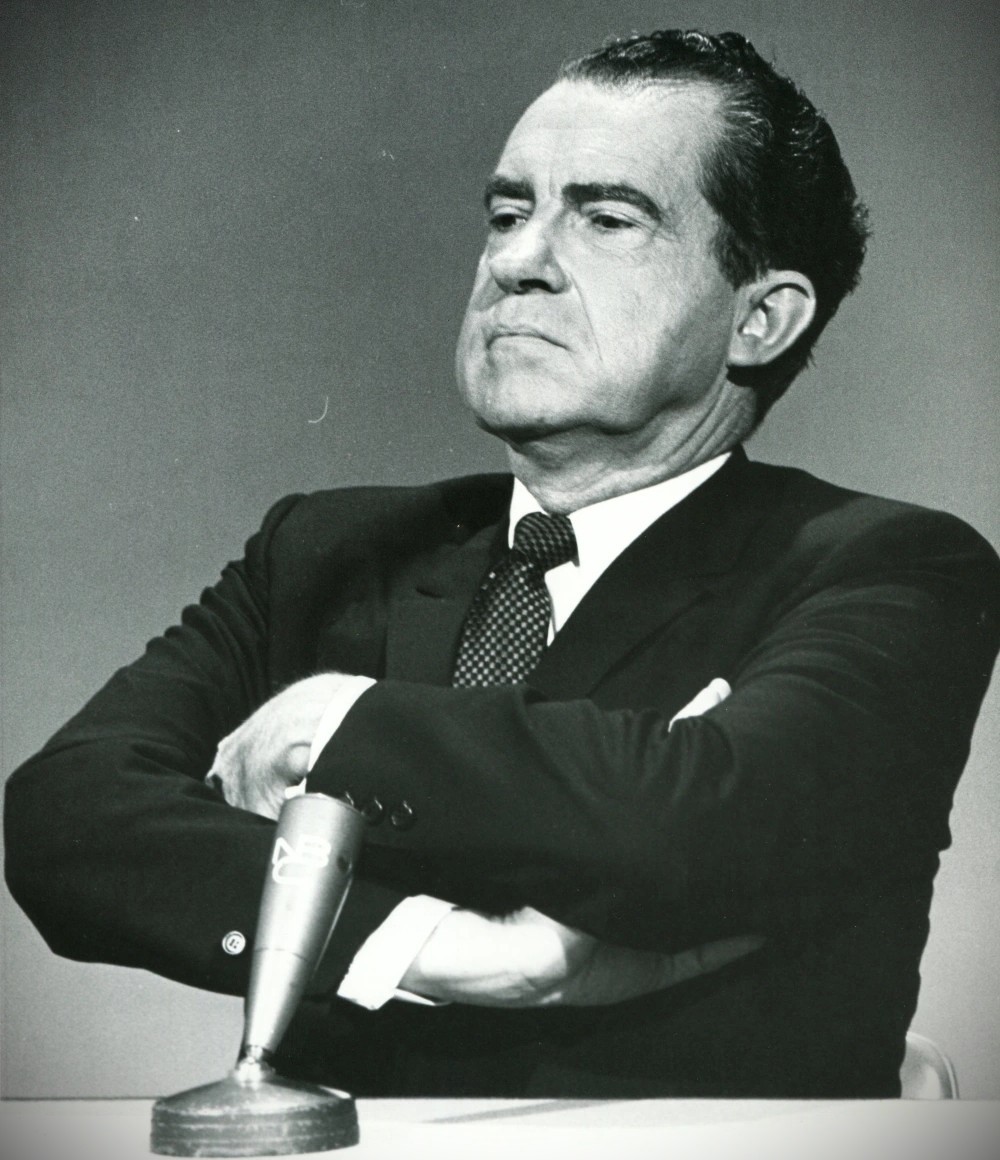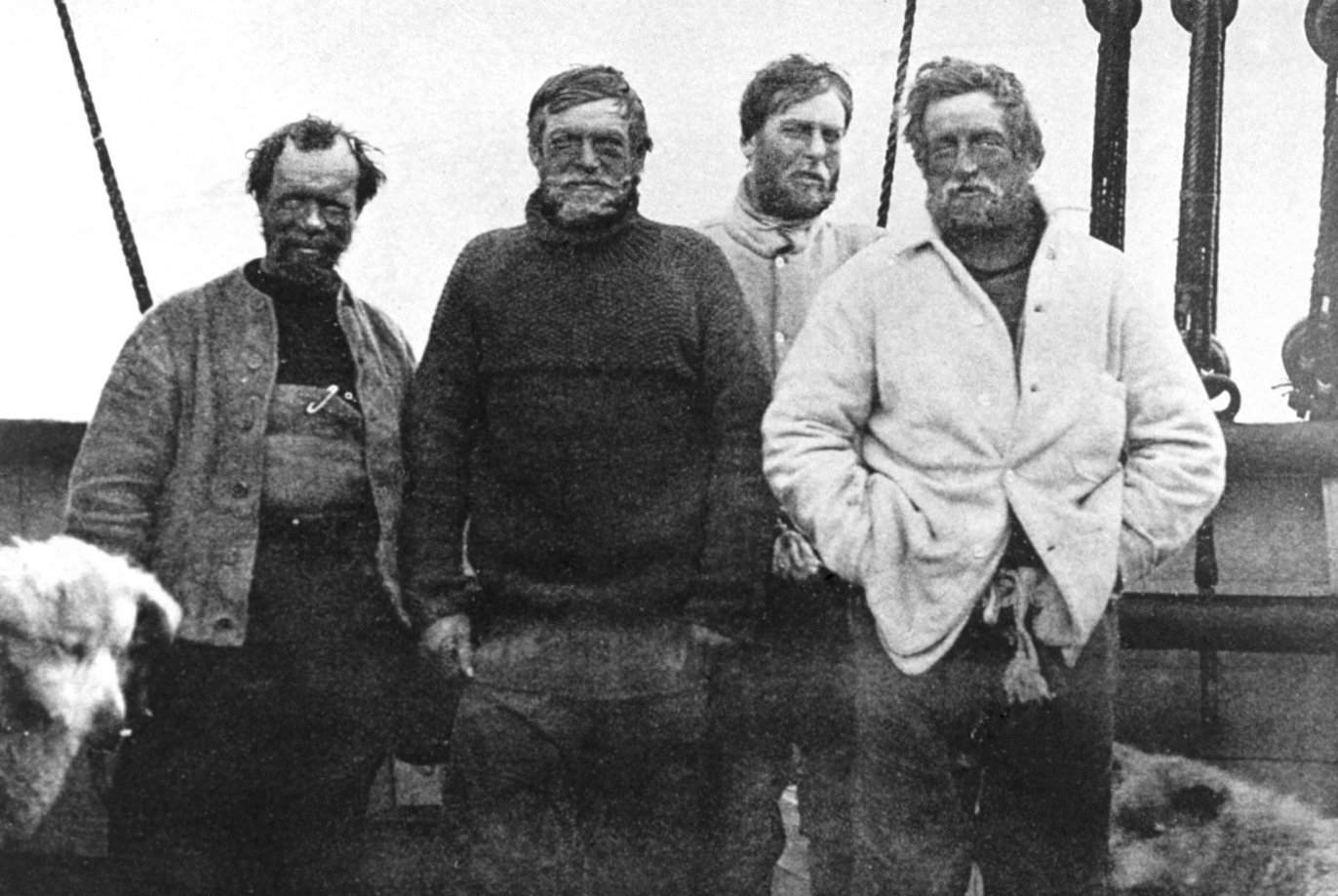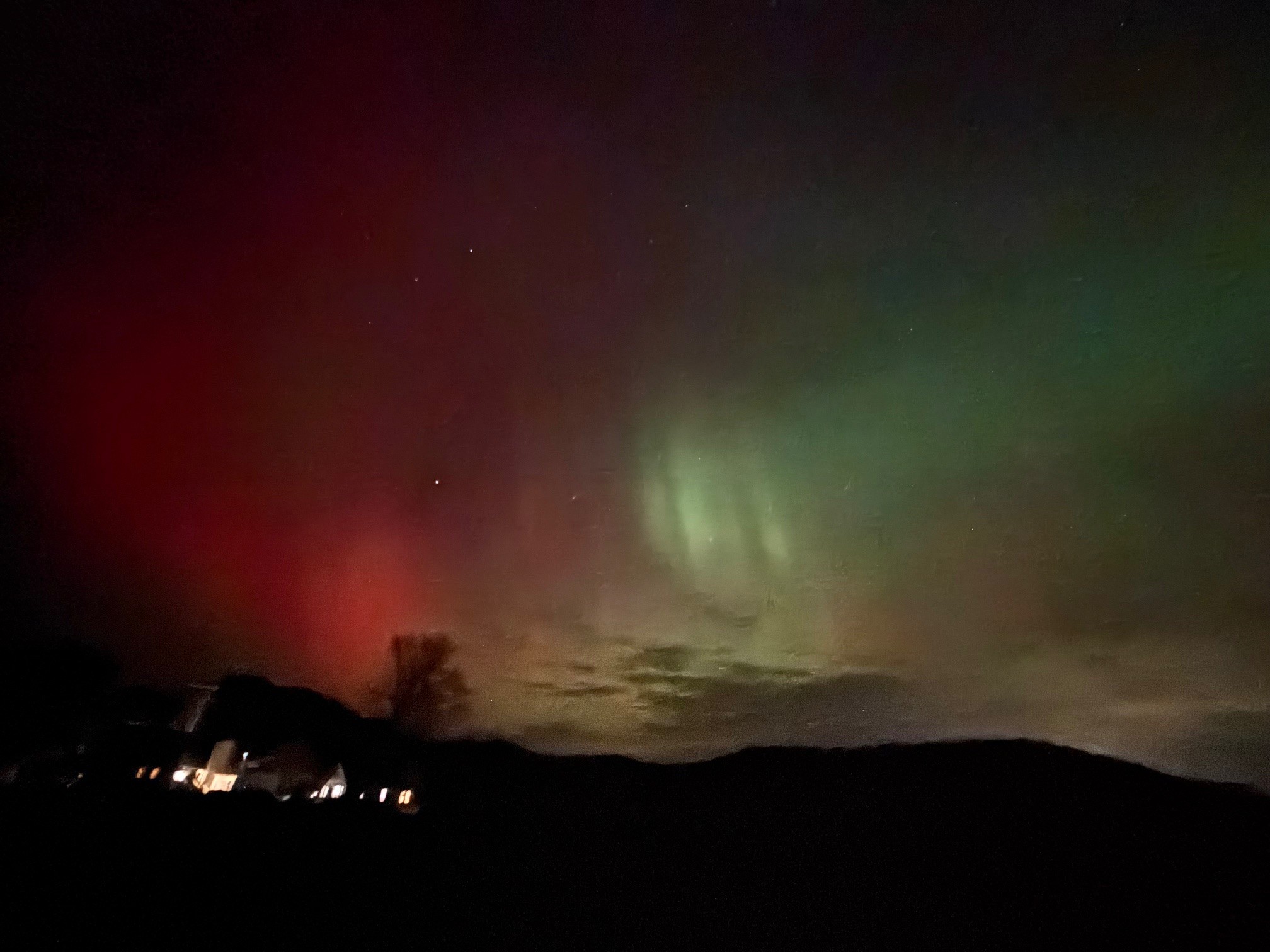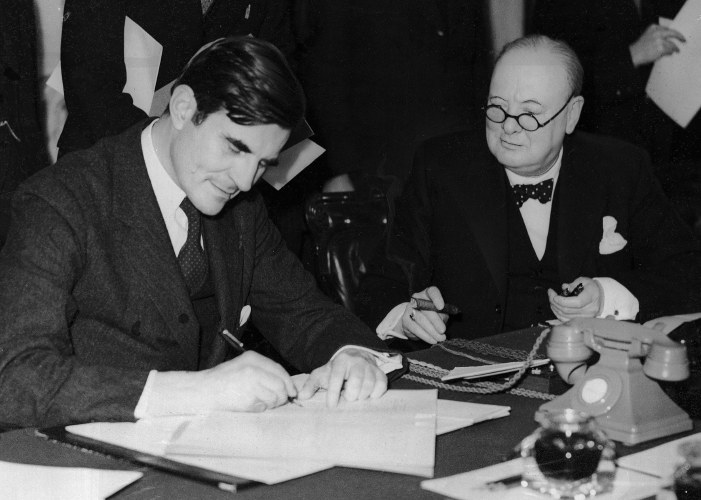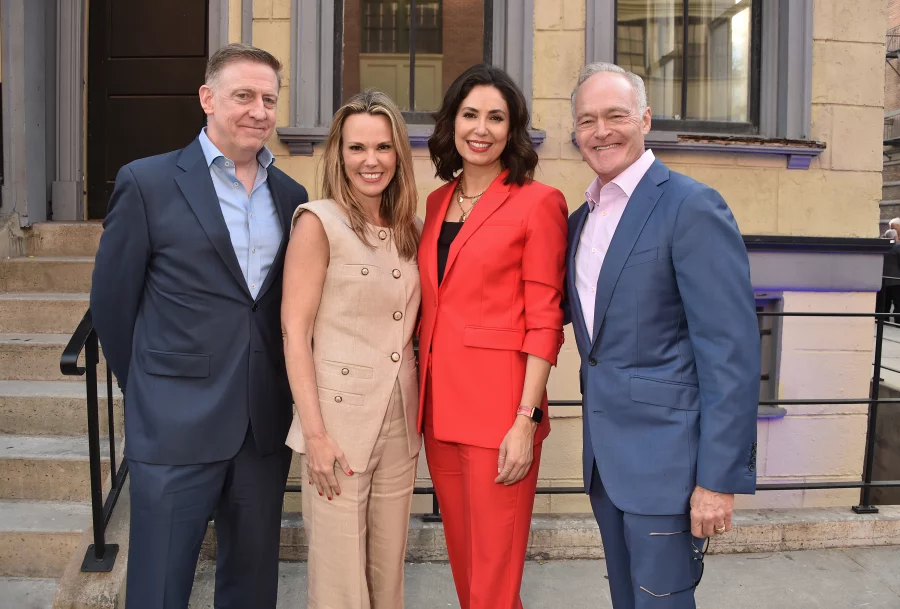
CBS News President Wendy McMahon resigned on Monday. Here, McMahon (second from left) stands with former 60 Minutes Executive Producer Bill Owens and two of the show’s correspondents, Cecilia Vega and Scott Pelley, at the CBS fall schedule celebration held at Paramount Studios in May 2024. Photo: Gregg DeGuire/Variety via Getty Images/Variety
Week after week, CBS’s 60 Minutes has done what journalism is supposed to do: hold those in power accountable, no matter the cost.
The current cost: The Trump administration has responded with threats, lawsuits, and efforts to silence dissent through sheer intimidation.
The most recent episode took viewers to Ukraine, where correspondent Scott Pelley interviewed President Zelenskyy at a bombed site, and to Greenland, where Trump’s attempt to annex foreign land was met with firm local resistance. These aren’t just headlines, they’re the real-world consequences of unchecked authority and a presidency unbound by tradition, diplomacy, or law.
Earlier segments exposed the dismantling of USAID, the firing of independent government watchdogs–Inspectors General–and the chilling reach of executive orders targeting diversity and inclusion across federal agencies. The pattern is clear: loyalty over law, spectacle over substance, and the calculated use of fear to avoid accountability.
Trump’s response? Predictable—and dangerous. He’s labeled 60 Minutes a “dishonest Political Operative,” demanded the FCC revoke CBS’s license, and filed a $20 billion lawsuit over what he called “manipulated” coverage—especially a segment featuring Vice President Kamala Harris. Despite legal experts’ claims that the suit is meritless, controlling shareholder Shari Redstone is working to reach a financial settlement. He’s even pressured his own FCC appointee to punish CBS and other critical outlets. That’s not just bluster—it’s an abuse of government power to suppress the truth.
But this isn’t the first time 60 Minutes has been in the crosshairs. In the 1990s, the program faced enormous pressure when it prepared to air a segment exposing the lies of Big Tobacco. One man—former research scientist Dr. Jeffrey Wigand—risked everything to reveal what the industry had known and hidden for years. In a powerful interview with Mike Wallace, Wigand told the truth. Despite legal threats, internal battles, and corporate hesitancy, the segment only aired after Wigand supplied substantive information to The Wall Street Journal. That moment not only educated the public about the health effects of smoking but also reshaped public health policy and reminded Americans what journalism looks like when it’s done with integrity.
This time, however, the backlash hit harder—and deeper inside.
CBS News President and CEO Wendy McMahon announced her resignation Monday, stating, “the company and I do not agree on the path forward.” 60 Minutes executive producer Bill Owens also stepped down. Their departures followed reports that Redstone, was concerned that continued confrontations with Trump might jeopardize a multibillion-dollar merger with Skydance Media.
The message is unmistakable: stay quiet—especially when profit takes precedence over principle.
Let’s be clear: when journalistic integrity is weighed against the convenience of a corporate merger, and truth loses—that’s not just a newsroom decision. That’s a national concern.
As veteran correspondent Lesley Stahl put it, 60 Minutes is “fighting for our life.” But what’s really at stake is far more than a TV program—it’s the First Amendment, and the foundational principle that the press must be free to investigate power, not bow to it.
When a president wages war on journalism, media courage isn’t optional—it’s essential. If democracy is to endure, we need more than access. We need the truth and the people and institutions willing to stand up for it, even when the cost is more than they want to bear.
Let voters know: the battle for truth isn’t coming. It’s already here.
Comments




